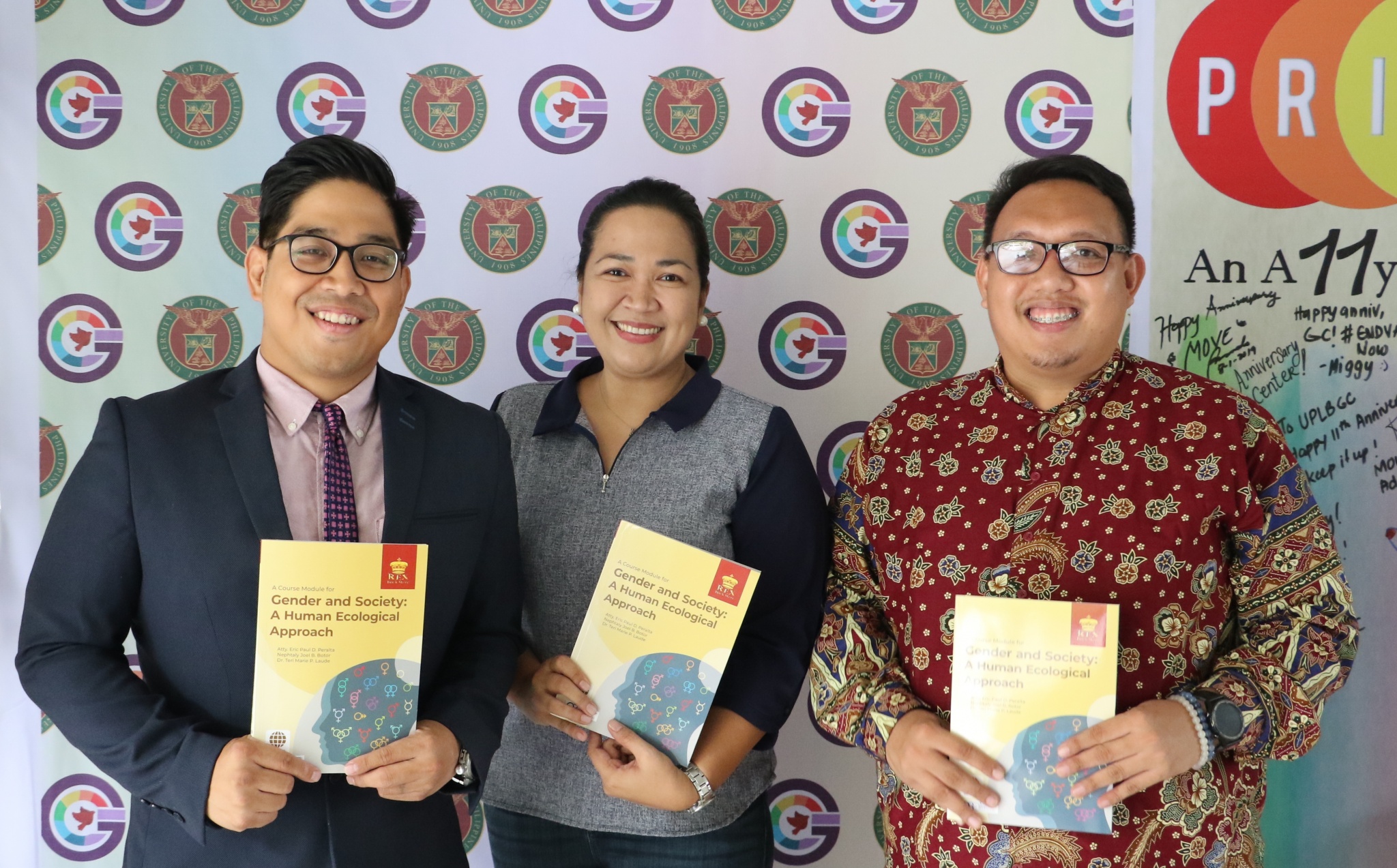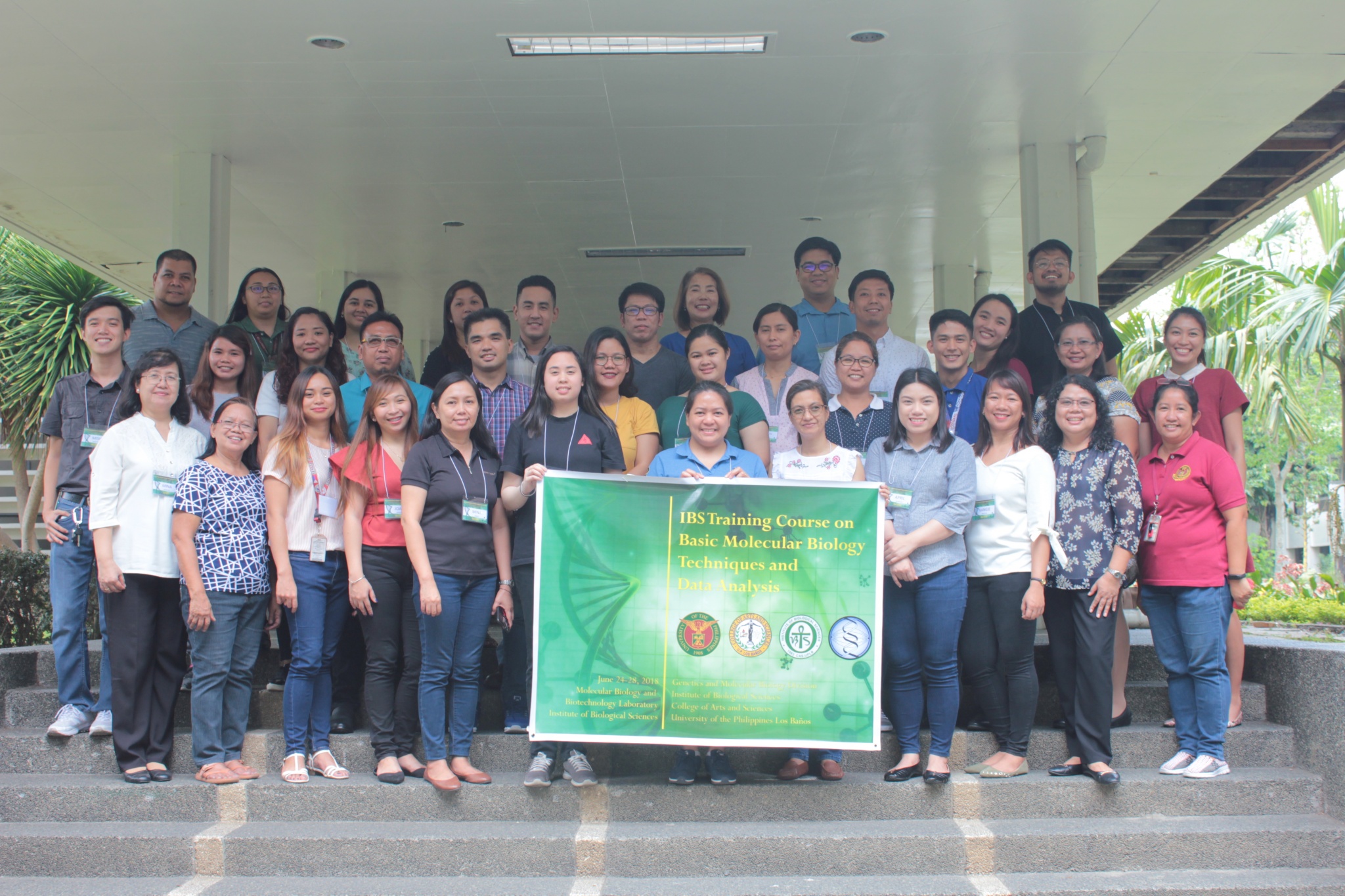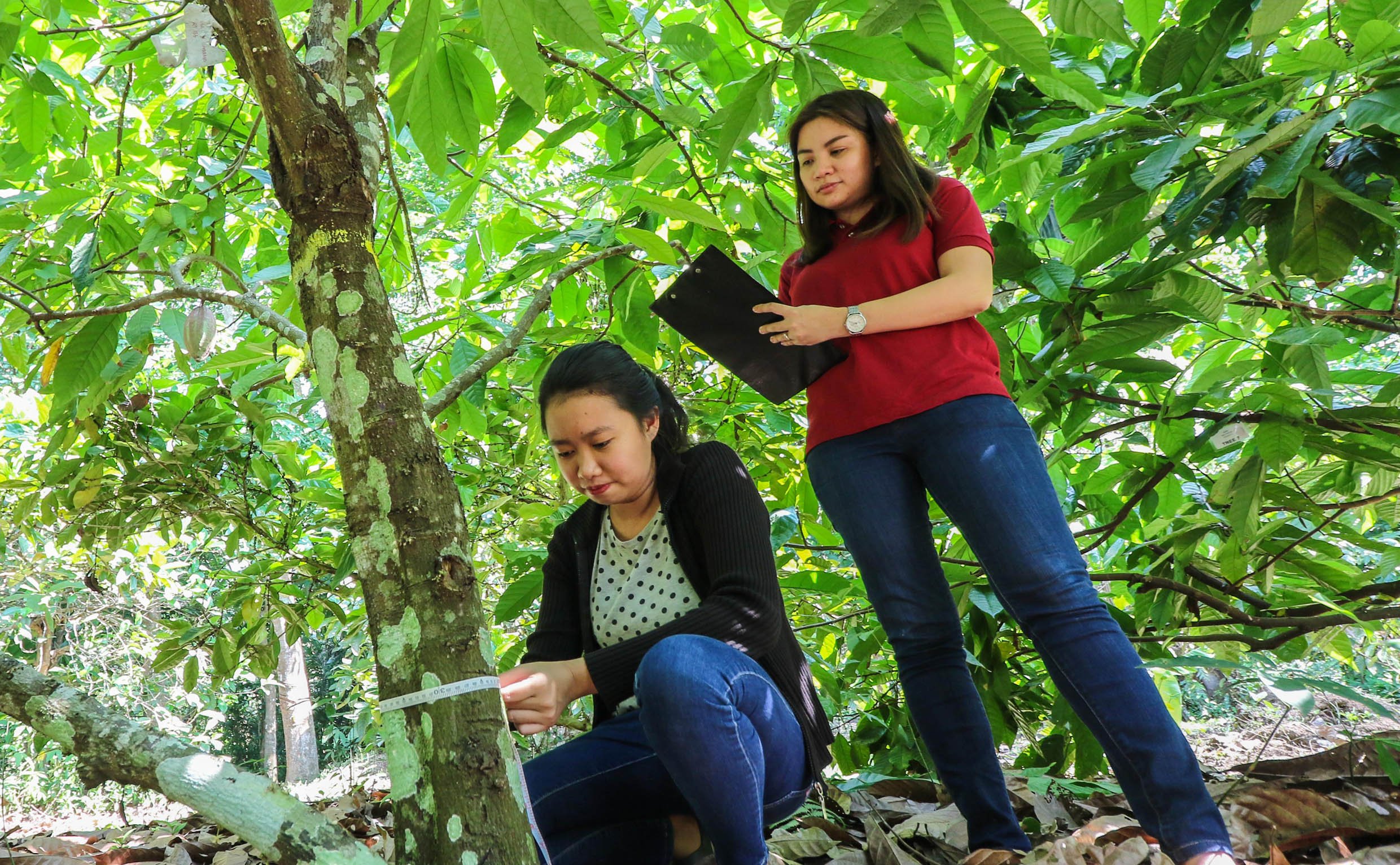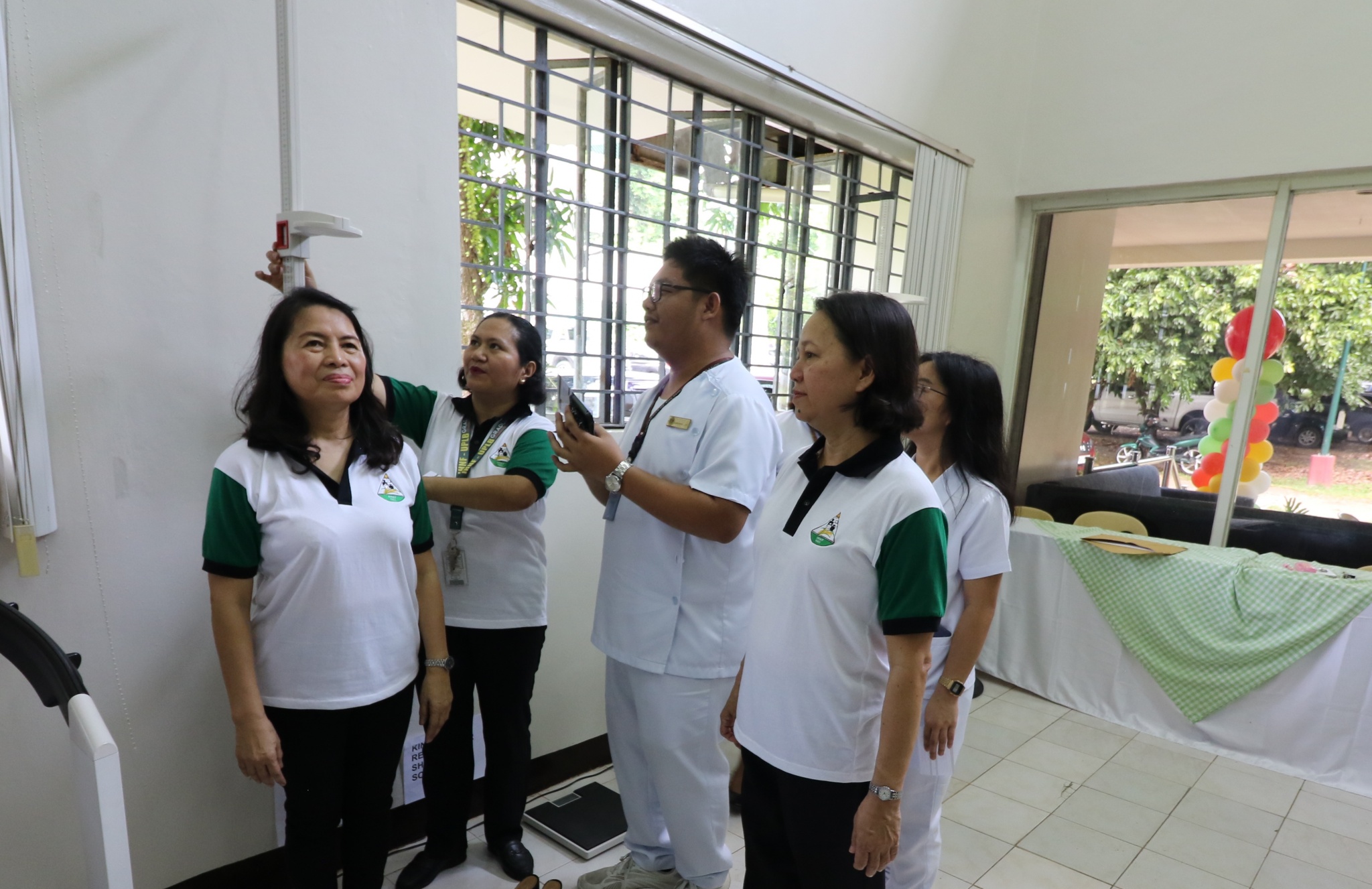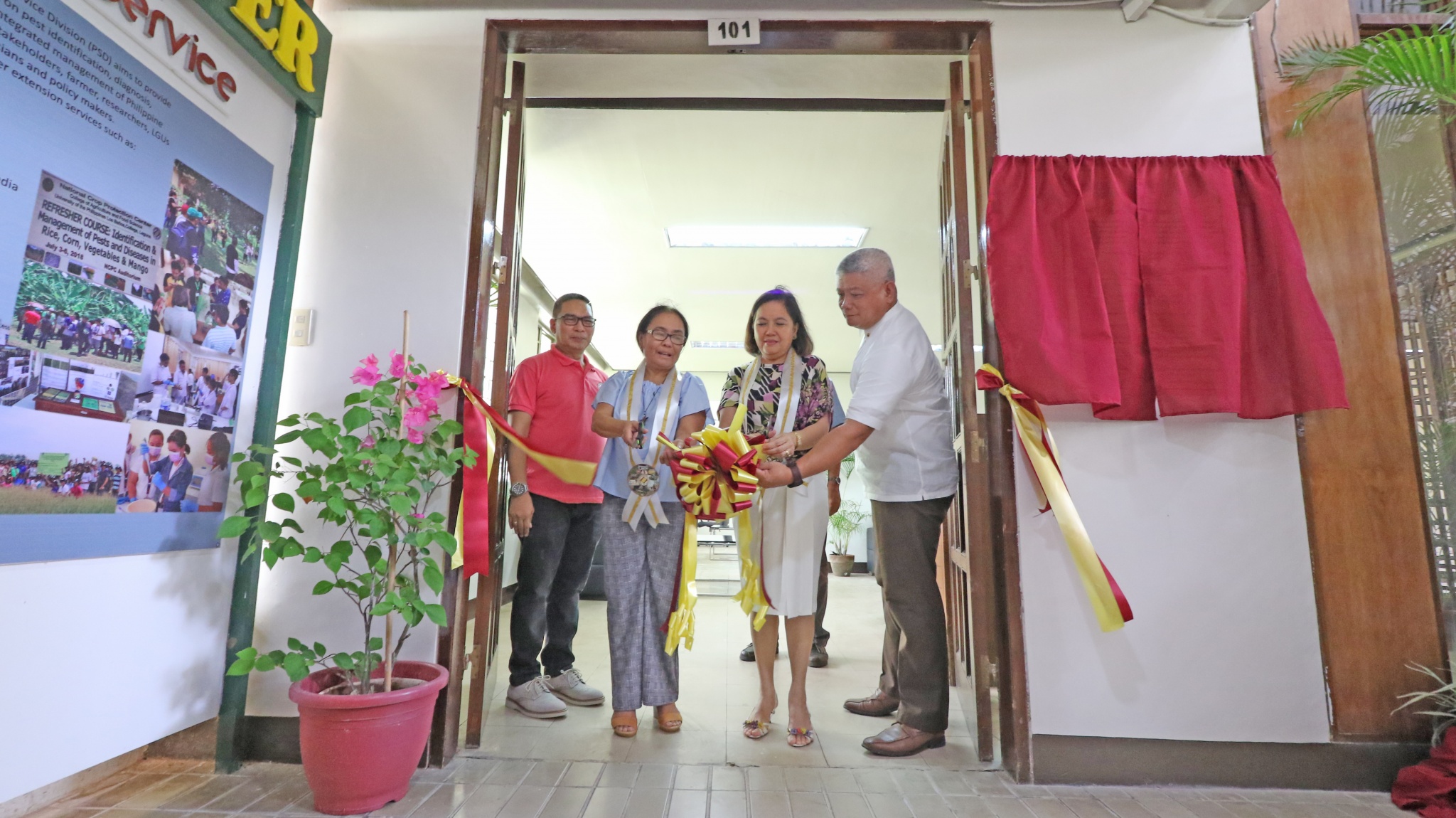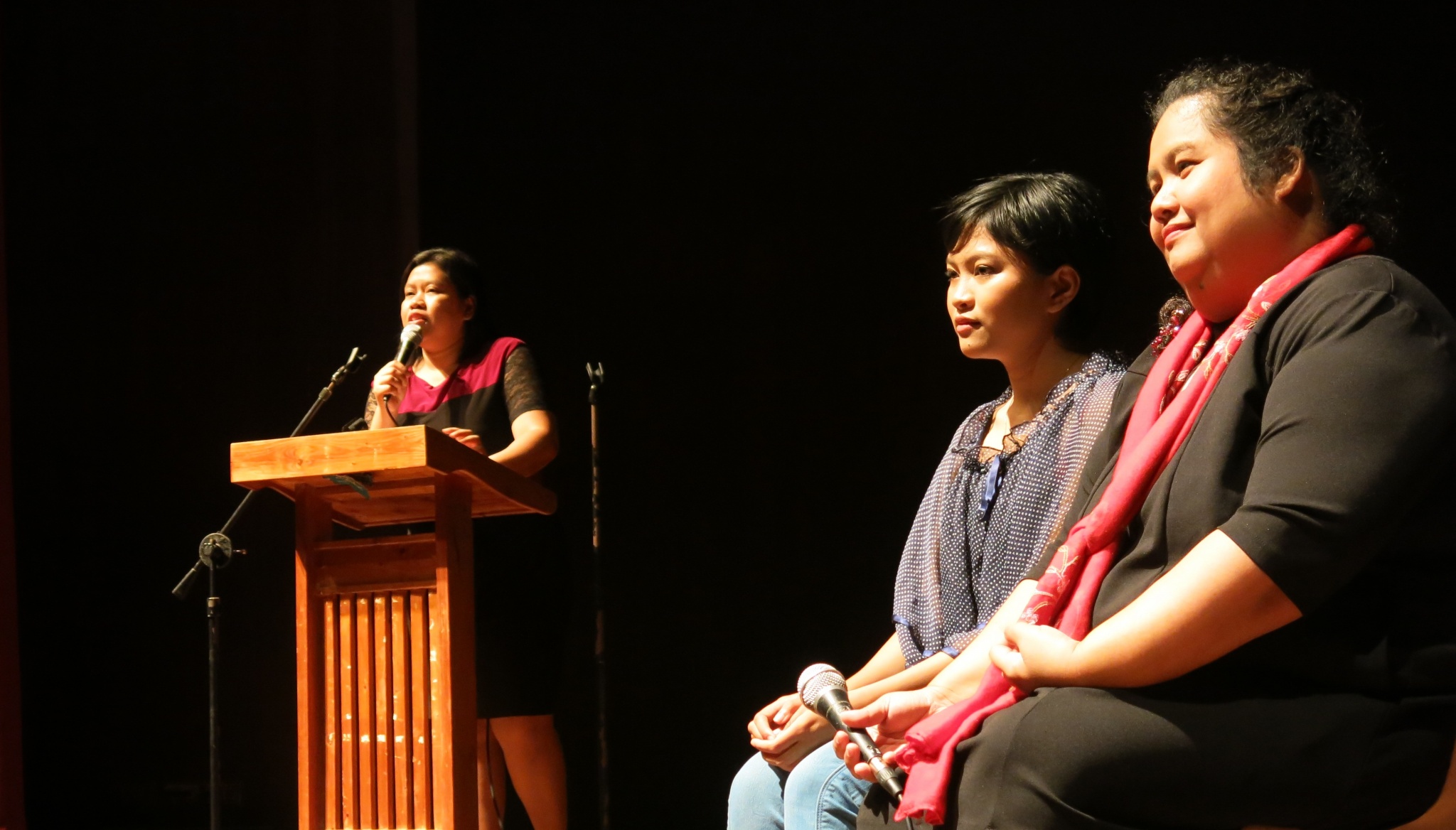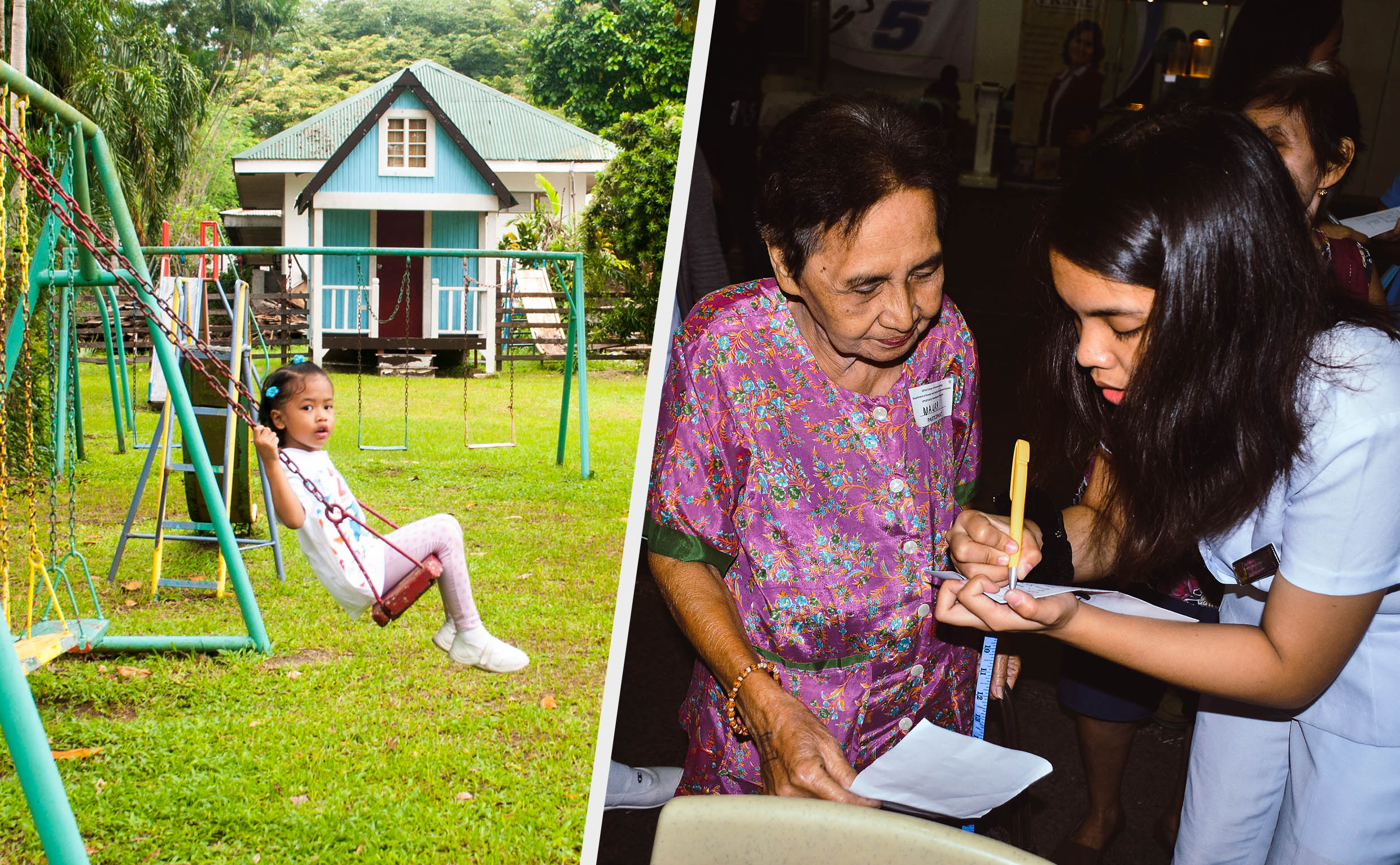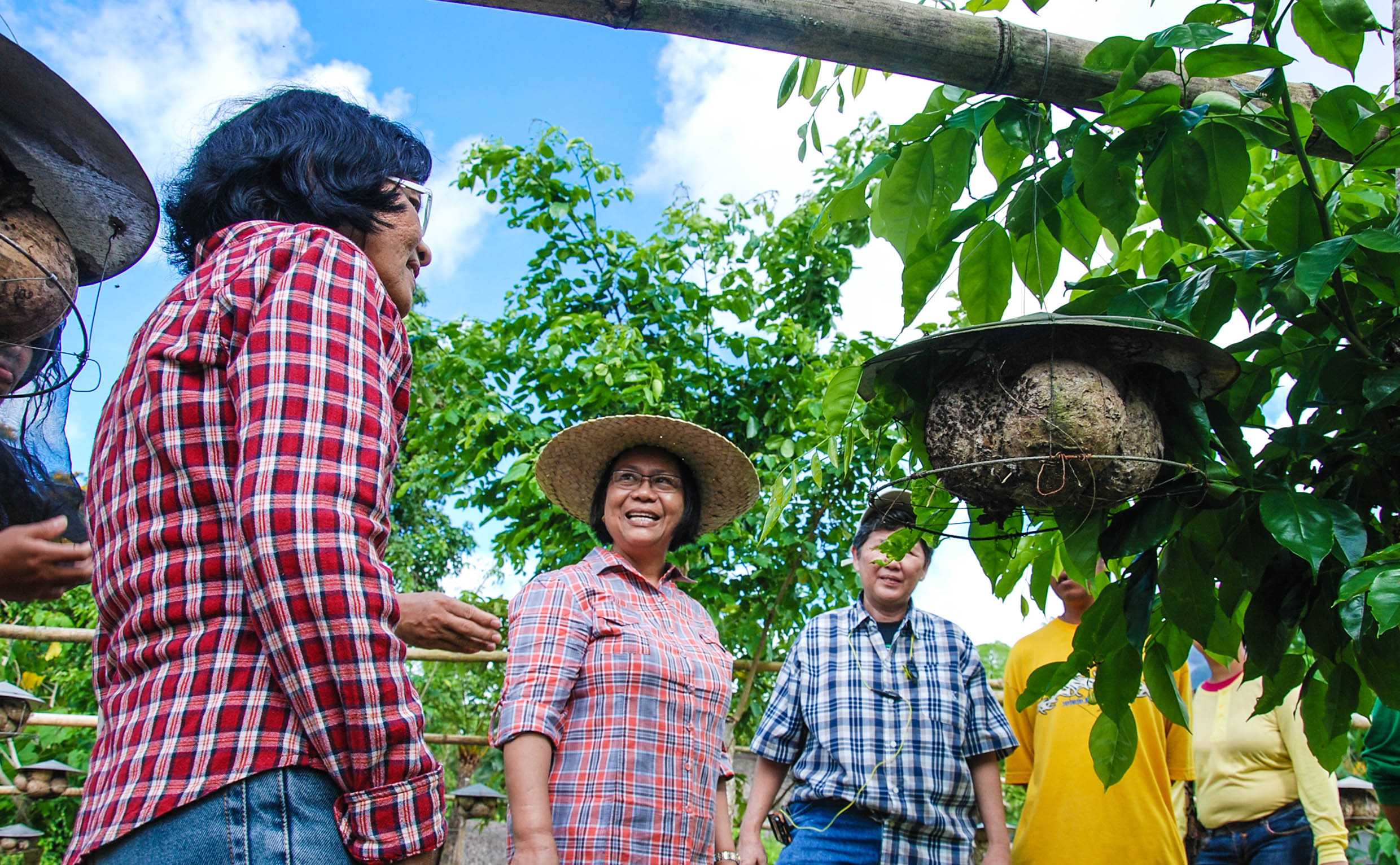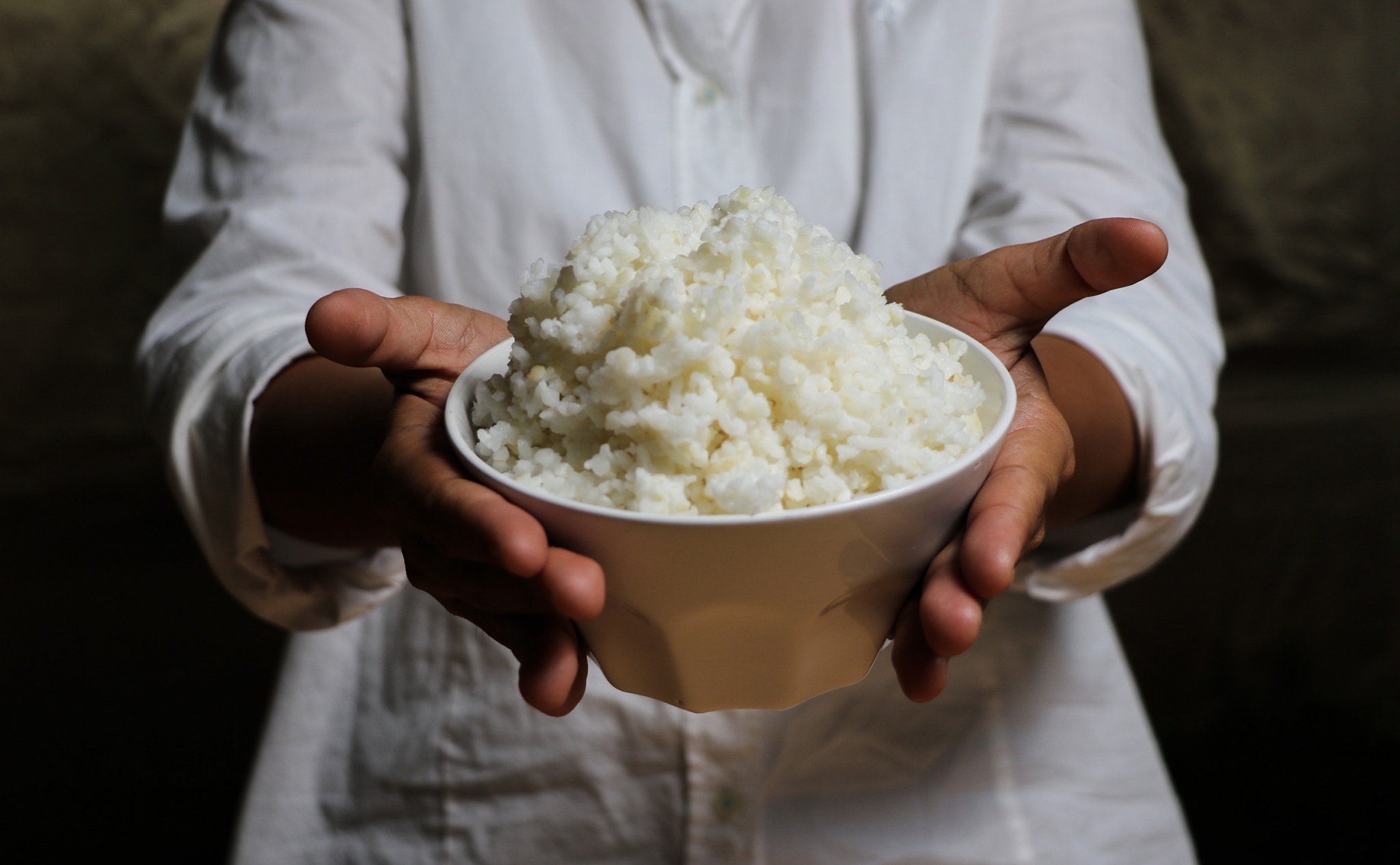The Water Center is tasked to pursue holistic inter- and transdisciplinary research, development, and extension programs toward secure water resources in the country.
Category: LOS BAÑOS
UPLB faculty launched an inter-, multi-, and transdisciplinary book on gender study last August 1 at the ICOPED Auditorium, UPLB. It covers the biomedical, psychological, and legal dimensions of gender and may be used in gender and society general education courses in higher education institutions in the country.
The Institute of Biological Sciences (IBS), the Molecular Biology and Biotechnology (MBB) Laboratories and the Genetics and Molecular Biology Division (GMBD) held a basic molecular biology and data analysis training workshop on June 24-28, 2019 at the Molecular Genetics Laboratory, IBS.
With the intent of creating a niche for itself in this research area, UPLB recently established the Interdisciplinary Life Cycle Assessment Laboratory (ILCAL) which focuses on studying the environmental footprint of products using the Life Cycle Assessment (LCA) method.
The Institute of Human Nutrition and Food (IHNF) has finally launched a clinic of its own – the Nutrition and Wellness Clinic.
The National Crop Protection Center of UPLB inaugurated the Plant Health Clinic which will diagnose plant pests and diseases and provide prescriptions and management options to solve plant health problems.
HOPE, or Health Orientation on Problems from Emotional Stress, a mental health awareness program of the UPLB Office of Student Affairs (OSA) through the initiative of the Counseling and Testing Division (CTD) held its fourth forum on Apr. 22 at the DL Umali Hall.
The UPLB College of Human Ecology is taking a different track by implementing public service initiatives that address a whole spectrum of needs in terms of age and psychosocial conditions, and coping with these needs from the context of family and community.
The UPLB Bee Program’s beekeeping training course is creating quite a buzz, making farmers, researchers, students, teachers, hobbyists, and practicing beekeepers swarm the University in order to learn more about it. A testament to this is the steadily growing demand for the training course since it was first offered in 1989, at times even […]
How is that again? Rice sufficiency with the use of corn?
Indeed, this is what Dr. Artemio M. Salazar, a retired research professor at the College of Agriculture and Food Science (CAFS), believes in.
“Rice sufficiency does not have to be achieved through rice alone but could be achieved with the help of corn,” he said. Dr. Salazar, who used to head the Cereals Section of the Institute of Plant Breeding (IPB), CAFS, shares this belief with his team of plant breeders and agricultural extensionists.


